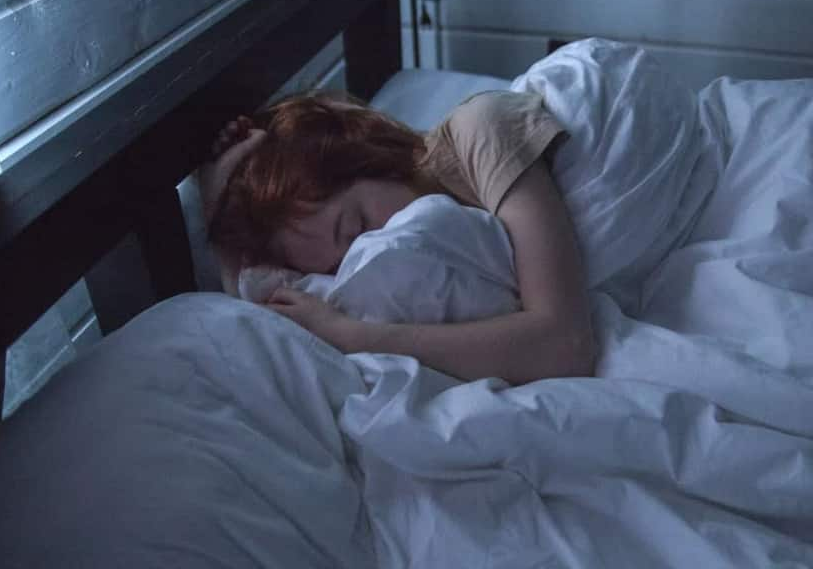Why does sleepiness and fatigue increase in winter? Know the real reason behind it.
- bySherya
- 13 Nov, 2025

The winter cold not only chills the body but also affects the quality of sleep. Longer nights and less light can make us fall asleep faster in winter, but we don't get deep sleep.

winter fatigue
As winter sets in, many people begin to feel lethargic, sleepy, and tired. Some people think it's just their imagination, but it's true that our bodies lose energy during the cold season. Shorter days, cold winds, and a lack of sunlight affect both our sleep and mood.
According to research, less sunlight in winter disrupts the body's circadian rhythm, i.e., the natural sleep-wake cycle. So, let's explain why sleepiness and fatigue increase in winter and the real reason behind it.
Why does lack of sunlight increase fatigue?
In winter, shorter days and less sunlight increase the amount of a hormone called melatonin in the body, which makes us feel sleepy. When natural light reaches the eyes, the body's biological clock gets disrupted. This results in feeling sleepy during the day and not getting enough sleep at night. This problem is exacerbated if you stay indoors for long periods of time. Meanwhile, in winter, due to layers of clothing and less sunlight, the body doesn't get enough vitamin D. This deficiency not only reduces energy but also affects mood. Research suggests that vitamin D deficiency can cause fatigue, muscle weakness, and even seasonal affective disorder. To maintain good health, spending some time in the sun, eating vitamin D-rich foods like fish, eggs, and dairy, and taking supplements as needed, are beneficial.
Cold weather and sleep quality
Winter's cold not only chills the body but also affects the quality of sleep. Long nights and low light make us fall asleep early in winter, but we don't get deep sleep. Too hot or cold room temperatures can also disrupt sleep. Therefore, for a good night's sleep, the room should be cool, dark, and quiet. You should also try to go to bed and wake up at the same time every day. This helps balance your body's clock and prevents fatigue.
Relief from seasonal depression and lifestyle changes
In winter, not only the body but also the mood becomes dull. Lack of sunlight reduces the level of serotonin which keeps us happy and energetic. This results in a person feeling lethargic, irritable or depressed. Sometimes it can even turn into seasonal affective disorder. In such a situation, doing light exercise and listening to music improves the mood and restores natural energy to the body. In winter, most people prefer heavy and carbohydrate-rich food, which makes the body sluggish. Instead of this, you can include oats, pulses, eggs, and green vegetables in your diet, which keep you energetic for a long time. Lack of water can also increase fatigue; hence, drink an adequate amount of water.
Tips to avoid winter fatigue
- To get relief from fatigue in winter, spend some time in sunlight as soon as you wake up in the morning.
- Apart from this, do light exercise daily, which improves blood circulation.
- Keep the room cool and comfortable for sleeping at night.
- Eat balanced and nutritious food daily.
- Also, spend some time outside during the day, so that the body's biological clock remains correct.






